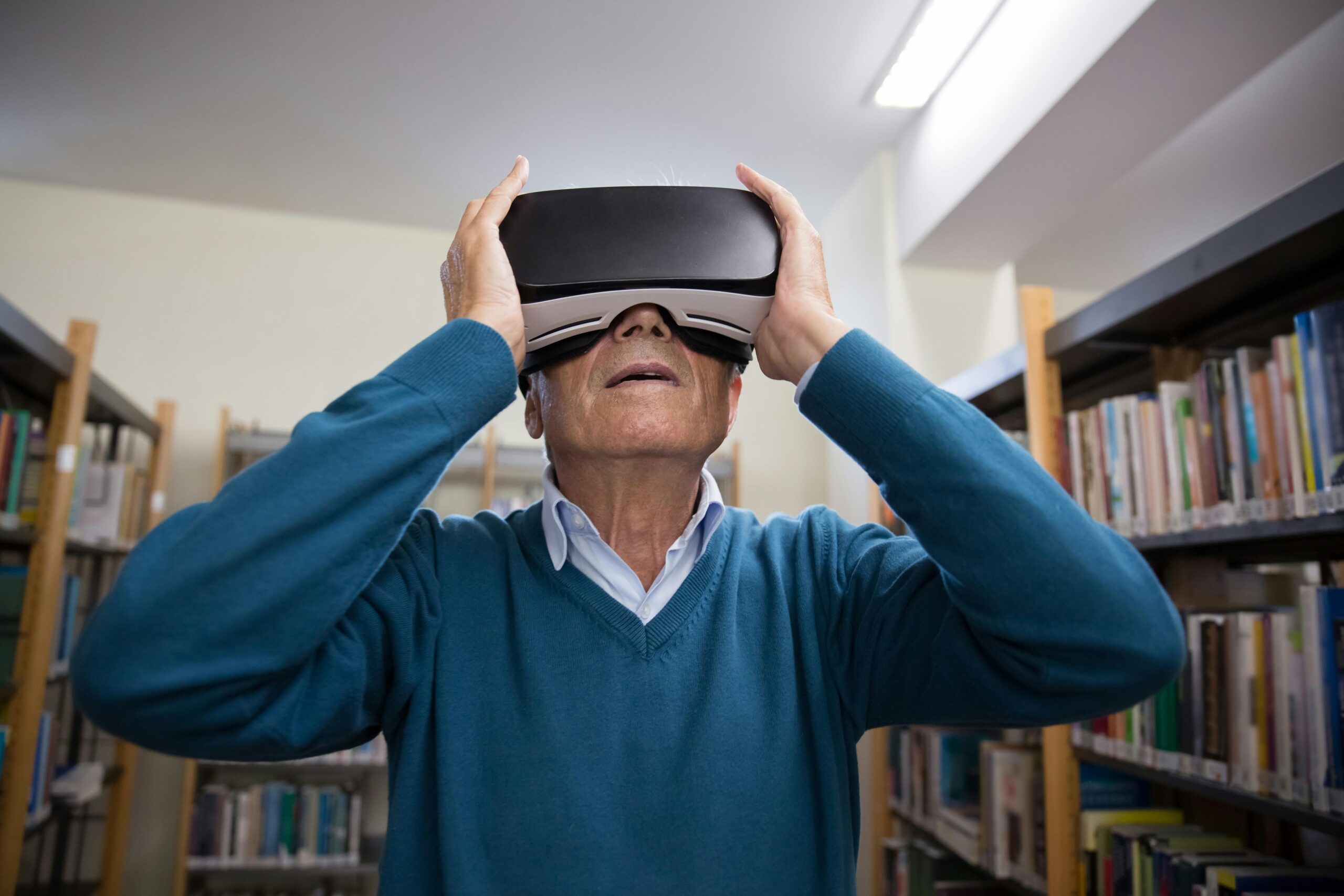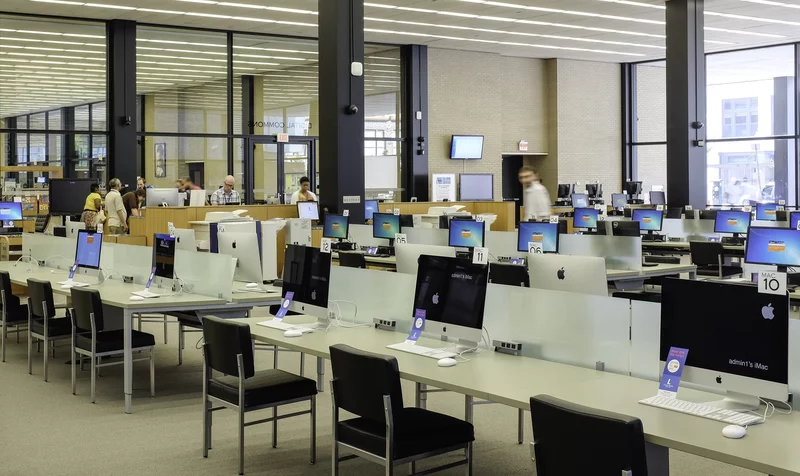AI labs
The Stacks meet Silicon: when ai comes to the library
\
Imagine a vast library, its shelves overflowing with every book ever written. Now, picture a tireless research assistant who has devoured them all, able to not only recall any detail but also synthesize information, translate languages, and even write new stories. This, in essence, is a Large Language Model (LLM).
An LLM, like OpenAI’s ChatGPT or Google’s Gemini, is a sophisticated network of algorithms and computational models. Some call LLMs “completion models” because, fundamentally, they are trained to predict the next word or sequence of words in a given piece of text. They are trained on massive datasets of text and code, enabling them to recognize patterns, generate human-quality text, and perform many other language-related tasks.
These sophisticated AI programs are revolutionizing many fields, and their next stop might surprise you: the quiet haven of your local public library. But as with any technological shift, this comes with both potential benefits and unique challenges.
Of the numerous benefits LLMs can have at the library, let’s discuss just three:

Librarians’ Augmented Assistants: LLMs can become powerful tools for librarians. Imagine an LLM trained on the library’s collection, aiding in complex reference questions, generating personalized reading lists, or summarizing lengthy research materials. This frees up time for the librarian to engage with us, the users of the library.
A Bridge for All Ages: Young and old alike will benefit. Children can interact with AI-powered learning tools, tailoring lessons to their pace. Seniors seeking digital upskilling can use LLMs to get simple explanations of complex tech. Imagine an LLM making tech less intimidating for those who feel left behind.


Cities on the AI Map: Smaller cities or those outside major tech hubs can use libraries as AI democratization centers. This attracts talent and businesses, sparking innovation beyond traditional sectors. Let’s take Markham, Ontario for instance. Now, it can position its libraries as AI hubs, drawing entrepreneurs and offering upskilling for traditional industries, making it an even more competitive regional player.
Nothing Good Comes Easy: LLMs present unique challenges and risks
- Privacy and Security Concerns: The integration of LLMs into public spaces raises legitimate concerns about data privacy and security. Libraries will need to implement strict data governance policies, ensuring that all interactions with these systems are anonymized and secure.
- Digital Divide: The risk of exacerbating the digital divide is real. Libraries should, therefore, offer programs aimed at improving digital literacy, ensuring that all community members, irrespective of their socio-economic status, can benefit from the new services.
- The Human Touch: Ultimately, LLMs cannot replace warm, personalized interaction. Librarians should be trained to work alongside AI, focusing on the empathy and connection that machines can’t replicate.
So what now? The Path Forward: Education & Investment
Libraries have been gateways to knowledge for centuries. Today, this includes knowledge about AI itself. Public library systems, as trusted community hubs, have a key role in educating about what it means when LLMs come to learn at the library. Let’s prioritize investment in AI literacy and staff training. Like the printing press, this is a tool with the potential to transform our communities – libraries have an opportunity to guide that transformation for the betterment of all.

At the heart of this technological evolution is education. The priority for public library systems should be to invest in understanding the potential uses and benefits of LLMs, while also educating staff and the public about what it means to have these digital learners among the stacks. This is more than a technological upgrade; it’s a cultural shift towards embracing AI as a tool for enhancing communal knowledge and quality of life.
In essence, the journey of integrating LLMs into libraries is about enriching the tapestry of community services, making knowledge more accessible, and preparing all demographics for a future interwoven with AI. As libraries across North America begin to turn the page to this new chapter, they hold the power to not only transform their own identities but also to reshape the communities they serve.
